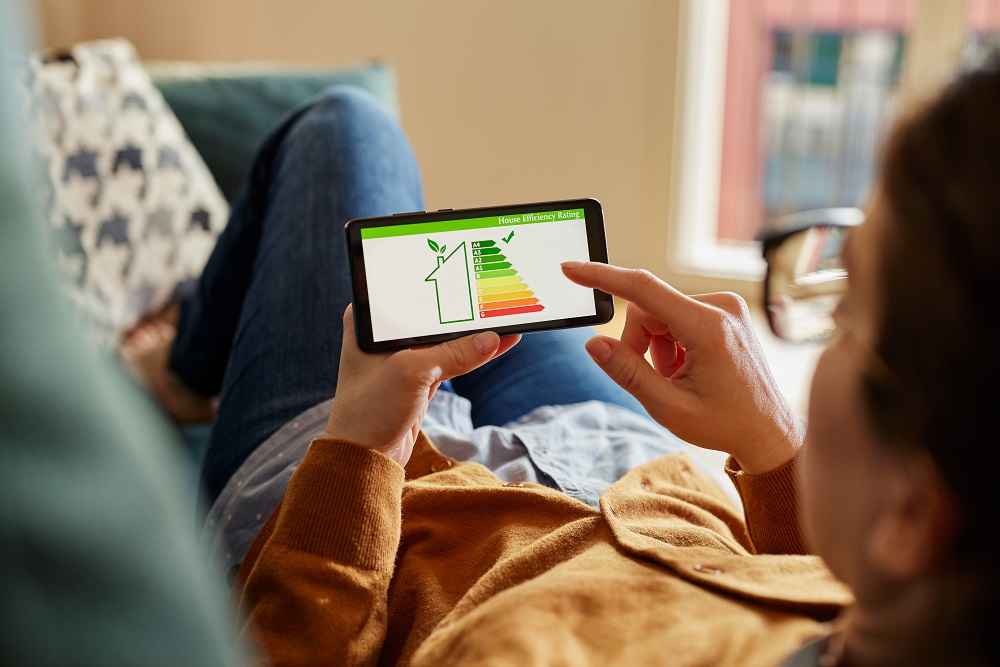Understanding Smart Meters
Smart meters have emerged as a crucial technology in the pursuit of energy efficiency and sustainability. These advanced devices, equipped with digital communication and remote monitoring capabilities, enable utilities and consumers to track and manage electricity usage in real-time. Unlike traditional meters, which provide limited visibility into consumption patterns, smart meters offer granular data that empowers users to make informed decisions about their energy usage.
Smart meters utilize two-way communication technology to transmit consumption data to utilities and receive commands or updates remotely. This bi-directional communication enables utilities to implement time-of-use pricing, demand response programs, and energy efficiency initiatives more effectively. Moreover, smart meters facilitate the early detection of outages and power quality issues, allowing utilities to respond promptly and minimize disruptions to service.
Smart meters are the silent guardians of modern energy management, quietly revolutionizing the way we interact with electricity. Unlike their traditional counterparts, smart meters are not just simple measuring devices but rather sophisticated instruments equipped with advanced technology. With their ability to capture and transmit detailed data on energy usage in real-time, smart meters empower consumers to take control of their electricity consumption like never before. From monitoring energy-hungry appliances to identifying wasteful habits, smart meters serve as invaluable tools in the quest for energy efficiency and sustainability.
Benefits of Smart Meter Deployment
The deployment of smart meters offers a host of benefits for both utilities and consumers. For utilities, smart meters enable more accurate billing, reduced operational costs, and improved grid management. By gaining insights into consumption patterns and demand trends, utilities can optimize the allocation of resources, reduce wastage, and enhance the overall efficiency of the electricity grid.
Furthermore, smart meters empower consumers by providing them with greater visibility and control over their energy usage. Through online portals and mobile apps, consumers can access detailed information about their energy consumption, including real-time usage data, historical trends, and personalized recommendations for energy-saving actions. This increased transparency fosters energy literacy and encourages consumers to adopt conscious energy habits that lead to lower bills and reduced environmental impact.
The Impact of Smart Meter Deployment
The deployment of smart meters has far-reaching implications for utilities, consumers, and the environment alike. For utilities, the data collected by smart meters enables more accurate forecasting of energy demand, facilitating better resource allocation and grid management. This leads to improved operational efficiency and reduced costs, ultimately benefitting consumers through lower electricity bills. Moreover, smart meters empower consumers by providing them with actionable insights into their energy usage, prompting behavior changes that result in energy savings and reduced carbon emissions.
Implementation Challenges and Considerations
While the benefits of smart meters are clear, their widespread deployment is not without challenges. One of the primary concerns is privacy and data security, as smart meters collect detailed information about household energy usage. To address these concerns, utilities must implement robust cybersecurity measures and privacy policies to safeguard consumer data and ensure compliance with regulatory requirements.
Additionally, the cost of deploying smart meters can be a barrier for some utilities and consumers. While the long-term benefits of energy savings and operational efficiency justify the investment for many, others may require financial incentives or government subsidies to offset the initial costs. Moreover, ensuring interoperability and compatibility between different smart metering systems is essential to enable seamless integration with existing infrastructure and maximize the benefits of smart grid technology.
Future Outlook and Opportunities
Looking ahead, the future of smart meters holds tremendous potential for further enhancing energy efficiency and sustainability. As Internet of Things (IoT) technologies continue to advance, smart meters will become increasingly interconnected with other smart devices and home automation systems, enabling more sophisticated energy management and demand-side response strategies. Moreover, advancements in data analytics and artificial intelligence will unlock new insights into energy usage patterns, enabling utilities to optimize grid operations and reduce carbon emissions.
Overcoming Implementation Challenges
While the benefits of smart meters are undeniable, their widespread deployment is not without challenges. Privacy concerns surrounding the collection and use of consumer data must be addressed through robust data protection measures and transparent communication. Additionally, the upfront costs associated with installing smart meters can be a barrier for some utilities and consumers. To overcome these challenges, innovative financing mechanisms and government incentives are essential to ensure equitable access to smart meter technology and maximize its societal benefits.
In conclusion, smart meters are a cornerstone of modern energy management and grid modernization efforts. By providing utilities and consumers with actionable insights and enabling more efficient use of electricity, smart meters play a vital role in promoting energy efficiency, sustainability, and resilience in the face of evolving energy challenges. As we continue to embrace smart grid technologies, smart meters will remain essential tools for building a cleaner, more efficient, and more sustainable energy future.


